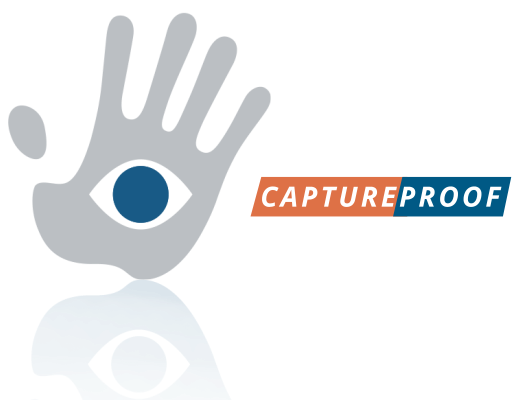By Travis McKnight
@Khellendos
Physicians are often stuck with the timeless struggle of getting patients interested in their day-to-day well-being, and mobile healthcare technology—also known as mHealth—is making the battle easier by pushing people to take better care of themselves and be more alert about their health. While some studies have (at times) shown complex devices like smartphone apps, biometric clothing and fitness trackers can improve outpatient decisions, even something simple like reminding people via text message about their dietary choices can improve overall health awareness and comprehension, according to a new study from the Johns Hopkins Bloomberg School of Public Health.
In the US, the obesity rate is starting to slow down and nutritional education is one of the attributed ways to keep the decline continuing. Educating patients and consumers so they become food-label literate is an example where simple, inexpensive uses of mHealth can come into play. Although the FDA doesn’t blatantly recommend the 2,000-calorie-per-day benchmark, it is considered a reasonable daily calorie intake for many adults. However, the study shows that many people don’t know much about what makes up those 2,000 calories, which is important because nutrition labels on food products sold in the U.S. are based on it.
“I think the biggest challenge is having people become health-conscious,” says William Rusnak MD, a family medicine resident in Philadelphia. “But once people break that point of ‘I don’t care at all about my health,’ to ‘I’m going to start watching what I’m eating, and moving around and exercising,’ you’re already over the wall that you need to get over in the first place.
The study, published online in Health Promotion Practice, surveyed 246 participants who dined in the Johns Hopkins Hospital cafeteria where researchers assessed their initial knowledge of the 2,000-calorie paradigm. The cafeteria’s food products included calorie labels, but those labels lacked any information on the recommended daily consumption.
The participants were then randomized into trial groups, and for the next four weeks they received weekly reminders on Monday about the 2,000 calorie value via text message, email or they didn’t receive a reminder. After the allotted time expires the subjects are re-evaluated for their knowledge about the 2,000 daily calorie system.
Before contributing to the experiment, 58 percent of participants failed to correctly identify the components of the 2,000-calorie value, even those with college or graduate degrees, the study shows. After the study period, those receiving the weekly text messages were twice as likely to correctly identify what values make up the 2,000-calorie system in comparison to those who received no reminder.
“There are many simple ways to convey calorie information to consumers, including point of sale communication, text messages, emails and even smart phone apps,” Lawrence Cheskin, MD, who led the study, said in a press release. “Ideally, these could work together, with calories posted on menus, restaurant signage and food labels along with personal reminders delivered through the latest technology. Our data indicate that weekly text messages are one element in this mix that can be effective.”
The study shows that combining education with mobile applications can improve a patient’s retention rate for healthy foods. Additionally, this methodology can be taken a step further when incorporating mobile applications like CaptureProof, a digital-communication tool for doctors and patients. These methodologies are particularly useful for patients who live in rural areas and might not have access to nutritionists or physicians with extensive dietary knowledge. But by sharing data, statistical and visual, through tools like CaptureProof, a physician can monitor a patient’s progress on reforming their diet, and via pictures can visually inspect the foods their patients eat, further increasing their nutritional knowledge and health eating habits.
If simple text messages every week can double dietary literacy within a month’s time, it’s neat to imagine to what level people will think about their health and changing their behavior once more patients partake in embracing mobile health technologies. The challenge now is transforming the knowledge of what’s healthy to eat, into actually eating healthily.
